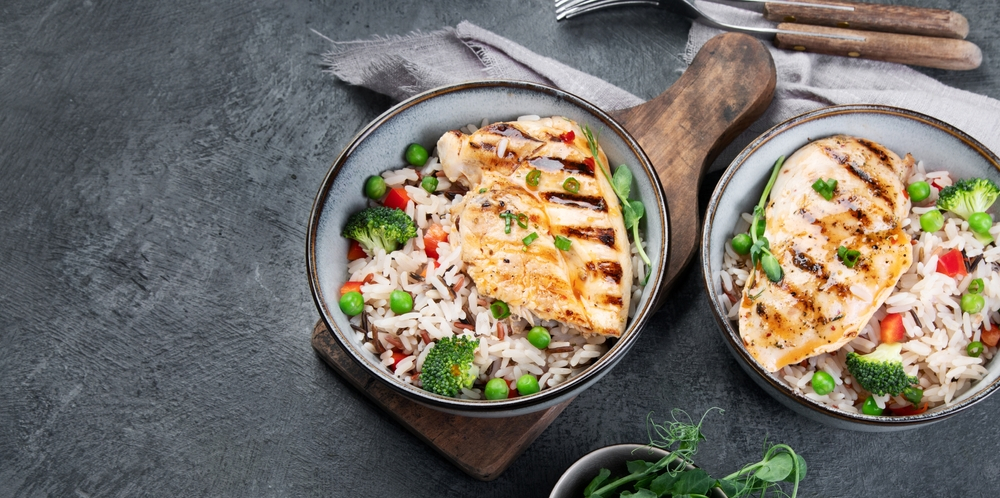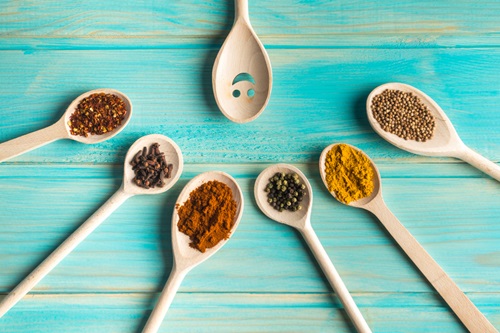The Relationship between Diet Culture and Periods
Trigger warning: discussions of calorie counting, eating disorders, and diet culture
The UK Government has recently introduced new laws to encourage calorie counting by placing it on menu items in restaurants. Therefore I want to take the opportunity to talk about diet culture and its relation to periods.
What is Diet Culture?
Big companies within the beauty industry exploit diet culture to trap people in their low self-esteem, encouraging them to spend money on products for profit (Diggit Magazine) [1]. One such example is the weight loss and diet pill industry. More often than not, the results are more dangerous to our health compared to the benefits.
This phenomenon has been around for a while due to its adapting to the population. When society was susceptible to low-carb trends in the 1990s-2000s, the craze moved to things like calorie counting in the 2010s and later to trends like low-fat, low-sugar, keto, and others.
Eating Disorders
Returning to the issue surrounding the Government’s new laws, the presence of calories and numbers will increase, supporting diet culture. They aimed to help bring down obesity levels; however, evidence suggests this will be more harmful to people with eating disorders than people with issues of obesity. They argue that too many people gained weight from the pandemic, which puts them at a risk of severe COVID effects [2]. Still, eating disorders have also been on the rise.
According to the Guardian, only 2% of the UK has an eating disorder [3]. Yet when you compare this with the 0.9% who struggle with alcoholism, the concern for eating disorders is emphasized. Additionally, this does not factor in the number of people who don’t ask for help for a variety of reasons; or that calorie can still be triggering and upsetting to those of us without an eating disorder but with a history of dealing with the negative parts of diet culture. The alternative is that calories on menus (especially online) should be opt-in, which I believe is a reasonable compromise.
Personally, I have had struggles with restrictions. I found that the desire to go on extreme diets became worse around the dates of my period due to fluctuating hormones and emotional instability. I would suddenly feel the need to start dieting and exercising more. My mental health would become worse at the same time. I would fall into negative thinking patterns and low self-esteem with my general anxiety and low mood spiking. It makes sense: the uncomfortable symptoms such as bloating makes us look different, and our emotions (and therefore emotional reactions) can become elevated.
Some people overeat on their periods... this is normal too.
Not everyone with a period deals with these issues. My friends told me they felt the need to eat more, if anything, highlighting how we all react differently. While the desire would typically fade minimally by ovulation, I would still get caught in these cycles. Up till now, I am careful about the content I consume on social media to avoid triggering these feelings and behaviors.
If your cycle makes you compulsively eat, please do not be ashamed of it. Diet culture wants to take advantage of it, but the reality it is that our hormones often fluctuate, and you will get through that part of your cycle.
If you struggle with any issues mentioned in this article, I firstly want to say I’m sorry but also I’m proud of you for fighting it. Although the Government’s idea of calories on menus appears perfect to them, I do not believe it is the right way to go about it. If you need help with eating disorders, there are charities online [4] and around you committed to raising awareness and helping individuals struggling with this issue. Remember it is okay to ask for and accept help.
Written by: Melissa Jones







Comments (0)